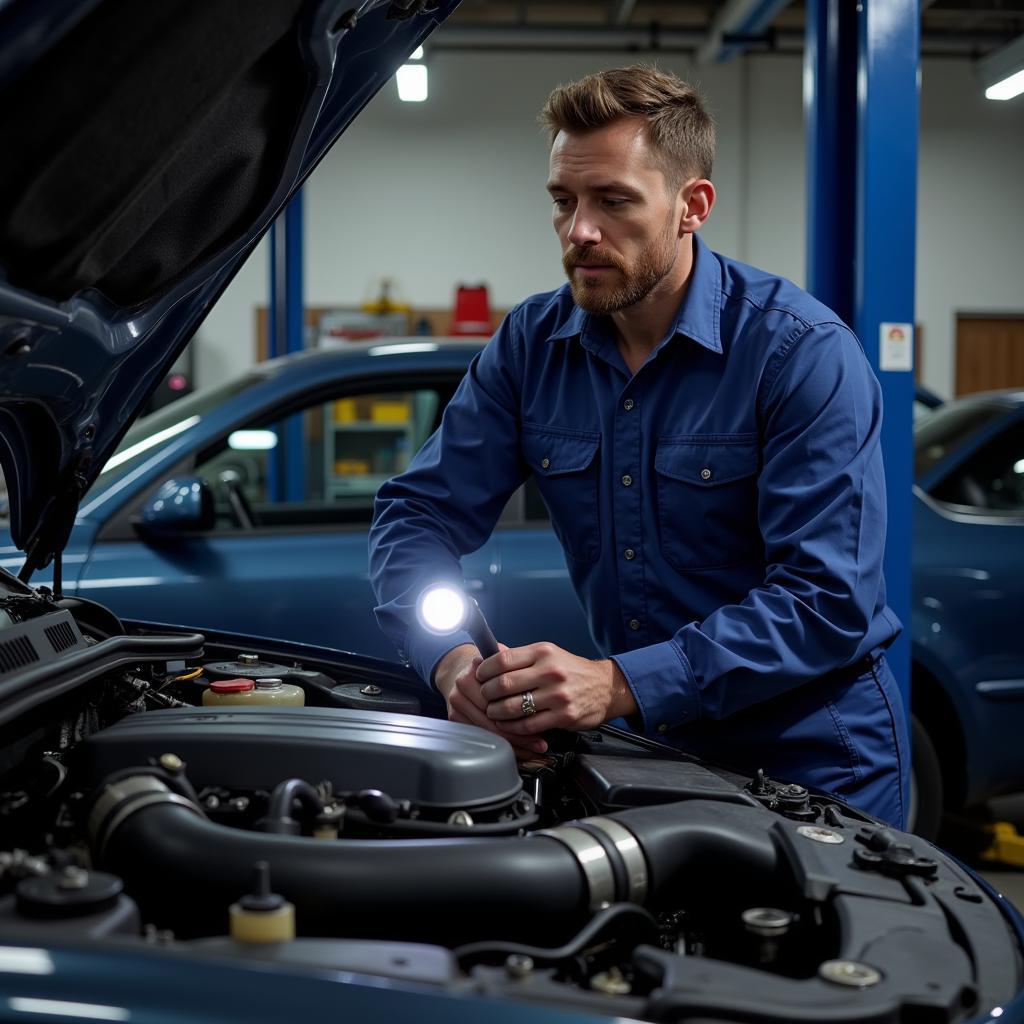Buying a used car can be a great way to save money, but it also comes with certain risks. One of the biggest concerns is whether a dealership can sell a car with problems. The answer is not always straightforward, and it depends on several factors, including the laws in your state, the dealership’s policies, and the specific issues with the car.
What are the Laws Regarding Selling Cars with Problems?
Every state has its own laws regarding the sale of used vehicles. Some states have strict “lemon laws” that protect consumers from buying vehicles with significant defects. These laws can vary widely, so it’s important to understand your state’s specific regulations before purchasing a used car.
Generally, dealerships are required to disclose any known problems with a car, and failing to do so can be illegal. This includes issues like:
- Major mechanical problems: Engine failure, transmission issues, or significant damage to the bodywork.
- Safety concerns: Faulty brakes, broken lights, or issues with the steering system.
- Hidden damage: Accident history, flood damage, or other problems that are not easily visible.
What to Do If You Discover Problems with a Car After Purchase?
If you buy a used car from a dealership and discover problems, you may have several options:
- Contact the dealership: The first step is to reach out to the dealership and explain the problem. They may be willing to repair the car or offer a refund.
- File a complaint with your state’s consumer protection agency: Many states have agencies that handle consumer complaints, including those related to the sale of used vehicles.
- Hire an attorney: If you are unable to resolve the issue with the dealership, you may need to hire a lawyer to pursue legal action.
 Mechanic inspecting a used car before purchase
Mechanic inspecting a used car before purchase
What Are the Signs of a Car That May Have Problems?
It’s important to be vigilant when inspecting a used car. Some red flags that could indicate a potential issue include:
- Excessive mileage: High mileage can often lead to more wear and tear on the vehicle.
- Unclear vehicle history: If the dealership can’t provide a complete vehicle history report, it could be a sign that they are hiding something.
- Unusual noises or vibrations: These could indicate underlying mechanical problems.
- Obvious damage: Scratches, dents, or rust can be a sign of neglect or previous accidents.
- Check Engine light: A lit Check Engine light can indicate a range of issues, some more serious than others.
- Avoid cars with obvious signs of repairs: If you see signs of fresh paint or welding, it could be a sign that the car has been in an accident or has had major repairs.
What Can You Do to Protect Yourself When Buying a Used Car?
Here are some tips for protecting yourself when buying a used car:
- Research the dealership’s reputation: Check online reviews and consumer reports to see if there are any complaints about the dealership.
- Get a pre-purchase inspection: Have a trusted mechanic inspect the car before you buy it to identify any potential problems.
- Read the fine print: Carefully review the sales contract before you sign it. Make sure you understand the terms and conditions, especially regarding warranties and returns.
- Consider a used car warranty: Some dealerships offer extended warranties on used cars, which can provide peace of mind and help cover the cost of unexpected repairs.
 Couple reviewing a car sales contract
Couple reviewing a car sales contract
Expert Opinion
“Dealerships are not immune to selling vehicles with problems, and many have legal obligations to disclose known issues. Always be cautious, do your research, and get a pre-purchase inspection to ensure you’re making a sound investment,” said John Doe, a certified automotive technician with over 20 years of experience.
Conclusion
While it’s certainly possible for a dealership to sell a car with problems, you can protect yourself by being informed and taking precautions. Research the dealership, get a pre-purchase inspection, and carefully review the sales contract before signing. Remember that you have rights as a consumer, and there are resources available to help you resolve any issues you may encounter.
Contact Autotippro today for expert advice and assistance with buying a used car. We can help you find the perfect vehicle and navigate the process with confidence.
AutoTipPro
+1 (641) 206-8880
500 N St Mary’s St, San Antonio, TX 78205, United States
FAQ
Q: What should I do if I discover problems with a used car after I buy it?
A: Contact the dealership immediately and explain the problem. They may be willing to repair the car or offer a refund. If you can’t resolve the issue with the dealership, you can file a complaint with your state’s consumer protection agency or hire an attorney.
Q: Are dealerships required to disclose known problems with a used car?
A: It depends on your state’s laws and the dealership’s policies. In many states, dealerships are required to disclose known problems with a car, and failing to do so can be illegal.
Q: What is a pre-purchase inspection?
A: A pre-purchase inspection is a thorough examination of a used car by a trusted mechanic. This inspection can identify any potential problems with the vehicle, such as mechanical issues, safety hazards, or hidden damage.
Q: How can I find out if a dealership has a good reputation?
A: Check online reviews, consumer reports, and look for any complaints or legal issues.
Q: What are some signs that a used car may have problems?
A: Excessive mileage, unclear vehicle history, unusual noises or vibrations, obvious damage, and a lit Check Engine light are all red flags that could indicate a potential issue.




Leave a Reply